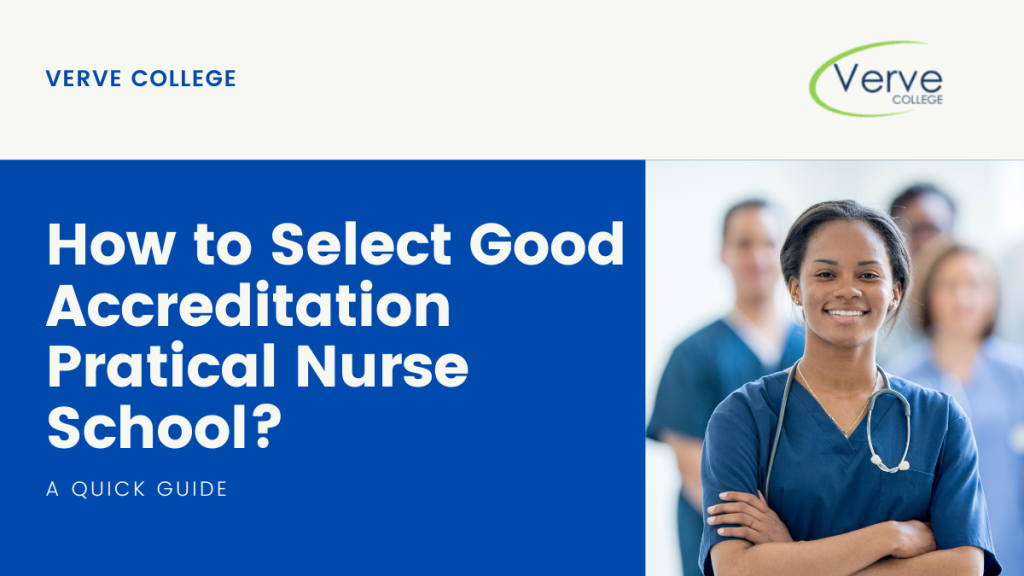- Oak Brook:(630) 705-9999
- Chicago:(312) 920-8822
- Email:inquiry@vervecollege.edu
- Make a Payment
- Home
- Programs
- Admission
- Resources
- ATI Entrance Exam Resources
- New E-Digital Library
- Refer a Friend
- School Newsletter
- Events
- Employers
- Job-Network
- Alpha Beta Kappa Candidates
- Verve College Library
- Graduation and Pinning Ceremony Photo Galleries
- Textbook Information
- Career Services
- Tutoring
- School Catalog
- FAQ
- Constitution Day Program
- Alumni
- Verve College Plans
- Financial Aid
- HEERF Reporting
- Satisfactory Academic Progress
- Apply For Financial Aid
- Net Price Calculator
- Return of Title IV Funds (R2T4)
- Financial Aid Office Code of Conduct
- Contact
- FAQs
- Verification Policy
- Vaccination Policy
- Student Right-to-Know Act
- Misrepresentation
- Information Security Program
- Academic Award Year
- Availability of Employee
- Cost of Attendance
- Health & Safety Exemption Requirement
- Students Rights and Responsibilities
- Leave of Absence
- Pell Formula
- Military Students
- Grants/ Scholarship Policy
- Contact Us
- Testimonials
- Blog
Is a Nursing Career Right For You?
Take The Free Quiz
How to Select Good Accreditation Practical Nurse School?
How to Select Good Accreditation Practical Nurse School?
It is a major decision to choose a practical nurse school. You need to think about many things, whether you’re starting your nursing career or looking to return to school. You need to consider factors such as additional cost, campus location, time commitment, and curriculum. These important considerations will help you choose the right program for your career. These 8 steps will help you feel confident in choosing the right medical school for graduate degree programs.
8 Steps to Choose the Practical Nurse School
Step 1 – Determine the Purpose of a Program
Different nursing programs have different benefits for different schools. It is important to take your time to consider what you need in order to succeed. Your learning style, future goals, and other commitments can all be important in determining your needs. The following questions can be asked.
How Long Does the Program Take?
When looking into programs, your goals and timeframe will play a major role. Are you looking to get into the field quickly, or are you interested in a more advanced degree to help you start working? Different programs have different lengths and outcomes. A community college or trade school could give you certificate programs or a diploma as a licensed practical nursing program (LPN) in about one year.
Step 2 – Decide What You Want From a School
While enrolled in your nursing program, your school or private institution will play a significant role in your life. Take your time to find the right school for you. Before deciding which school to attend, consider factors other than the program itself and list them by school name. It doesn’t matter if you live on campus or commute. The location of your school is important; you can search for the best LPN school near me. Consider the campus’s proximity to your home, work, and other commitments if you plan on commuting.
Many students have to work during school. You can look into job opportunities if you don’t have a job but are interested in one. Many schools offer work-study and on-campus positions. If you are a nursing student, it is important to look for nursing facilities and nearby hospitals with openings. When you visit a school’s library, labs, and classrooms, pay attention to the technology used. This extends beyond computers. Many nursing schools offer high-tech simulations in laboratories that allow students to practice their clinical skills on campus.
Related:- All About ABHES Practical Nurse School: Standards For Accreditation
Step – 3: Consult Nursing School Rankings
The rankings of nursing schools can be helpful, but they are not necessarily the deciding factor. These rankings are based on statistics and data, not student experience. Rankings do not consider campus life and professors’ teaching style. Therefore, their evaluations may not be comparable. If you are having trouble deciding, rankings can help you decide between two programs.
Step – 4: Visit many schools
You can spend time on campus and see the dorms, libraries, dining rooms, and other facilities. To experience the program in person, you should visit classes when they are open. Campus visits are a great way to meet faculty members and staff and ask questions. Talk to current students about campus life, clinical experiences, and other topics.
Step – 5: Verify State Acceptance & Accreditation
Accredited programs are a must-attend. Accreditation is a way to verify that your program meets the Department of Education’s quality standards. Additionally, your school may be unaccredited, so you might have difficulty getting financial aid, transfer credits to advanced degrees, or limited employment opportunities. It is important to remember that accreditation for schools and programs is not the same. While the accreditation body may accredit your overall school, that does not guarantee that your program will be.
Step – 6: Ask For NCLEX Exam First-Time Pass Rates
Every nurse must pass the NCLX-PN exam. You might have to pay additional fees depending on where your home is. Passing the exam on your first attempt can prove financially crucial. Ask your top choice schools about their passing rate on the average NCLEX exam. Schools with high pass rates have been proven to be more successful in collegiate nursing education.
Step – 7: Consider College Placement Programs
It is important to know what type of entry-level job placements or connections your school offers by private LPN schools near me. Many private colleges have strong relationships with local hospitals and medical centers to assist students in finding jobs (job title) after graduation. Some schools may have exclusive job opportunities and academic opportunities that only program graduates can apply for.
Step – 8: Factor in Tuition Costs
Tuition shouldn’t be your primary concern. The most important factor in choosing the right program is tuition. The type of program you choose, the institution, and the location can all impact your tuition price. There are many ways to help, including scholarships and work-study programs. It is important to consider the cost of any assistance received and what you can afford in the program’s best value.
 Sign up
Sign up Login
Login




